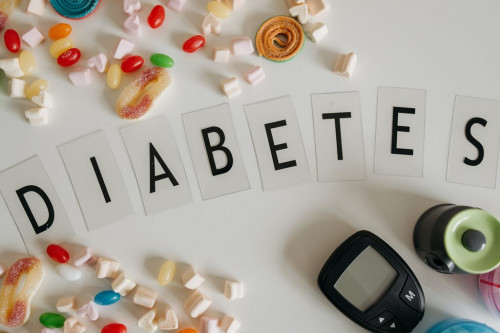Jakarta: spike blood sugar usually occurs when blood sugar rises and then falls sharply after eat. In the short term, this can lead to lethargy and hunger.
Over time, your body may not be able to lower your blood sugar effectively, which can eventually lead to type 2 diabetes HealthlineHere’s how to prevent high blood sugar:
1. Choose low-carb foods
Carbohydrates can cause a rise in blood sugar. When you eat carbohydrates, they are broken down into simple sugars. The sugar will then enter the bloodstream.
When blood sugar levels rise, the pancreas releases a hormone called insulin. Thus encouraging cells to absorb sugar from the blood and causing blood sugar levels to drop.
2. Consume less refined carbohydrates
Examples of refined carbohydrates are sugar or refined grains. Some sources of refined carbohydrates that are quite often found are white sugar, white bread, white rice, soda, sweets, cereals, and desserts.
Refined carbohydrates are said to have a high glycemic index. Because it is very easily and quickly digested by the body, causing a spike in blood sugar.
3. Reduce sugar intake
The body breaks down these simple sugars very easily, causing an almost instantaneous spike in blood sugar. Studies show that consuming sugar is associated with the development of insulin resistance. This occurs when cells fail to respond properly to insulin release, resulting in the body not being able to effectively control blood sugar.
4. Maintain an ideal weight
Excess body weight or obesity can make it more difficult for the body to use insulin and control blood sugar levels. This can lead to spikes in blood sugar and a higher risk of type 2 diabetes. On the other hand, weight loss has been shown to improve blood sugar control.
5. More exercise
Exercise helps control spikes in blood sugar by increasing the sensitivity of cells to the hormone insulin. Exercise also causes muscle cells to absorb sugar from the blood, helping lower blood sugar levels. Both high-intensity and moderate-intensity exercise have been shown to reduce spikes in blood sugar.
(FIR)
– .


